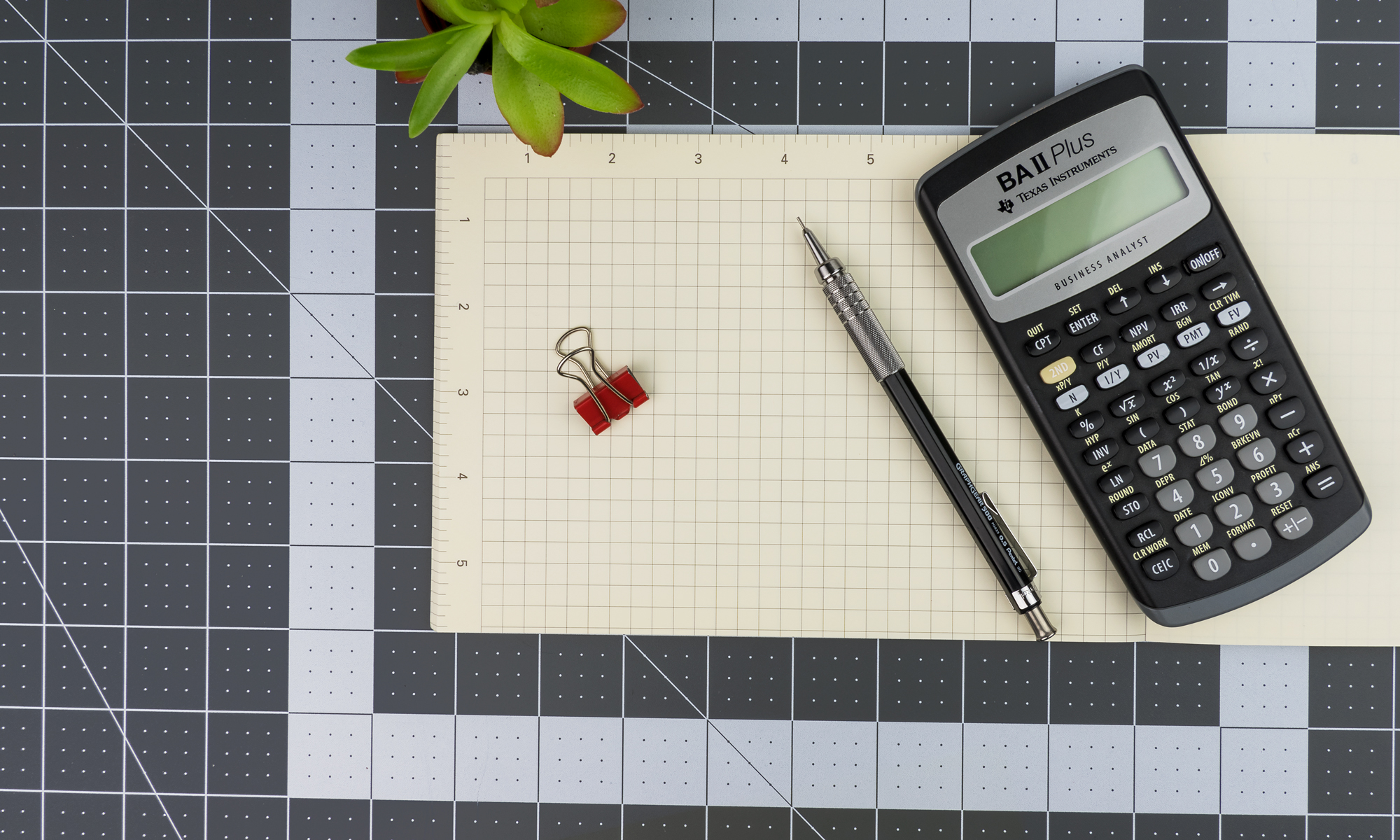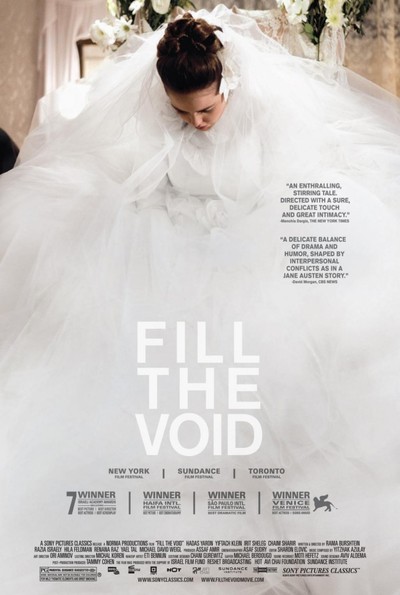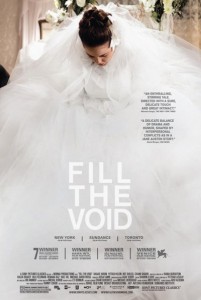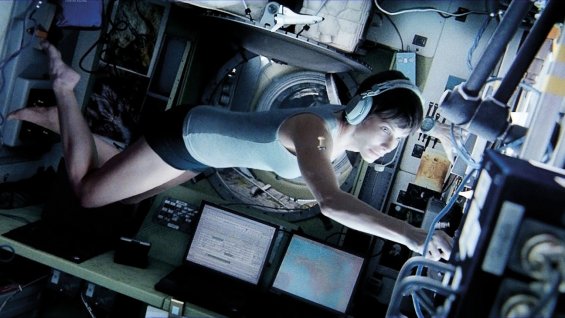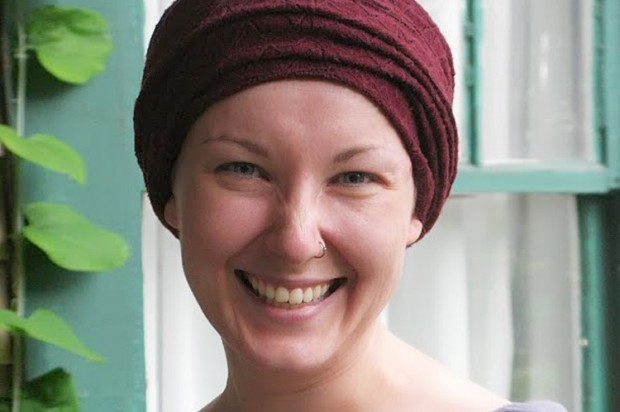Film critics are currently in agreement about two things: 2013 was an excellent year for American film, but it was a lousy year for everyone who pees sitting down. Behind the camera, in front of the camera, somewhere in the near vicinity of the camera. It didn’t really matter. Unless your name is Megan Ellison or you were responsible for “Let it Go,” then this probably wasn’t your year. Look no further than the nominees for Best Actress: Cate Blanchet is a lock for Blue Jasmine—an execrable film that includes jokes that might have been funny during the Carter administration—and Meryl Streep is nominated for a film that manages to make a dramatic legend sound like a soap actress impersonating Paula Deen. The Best Supporting Actress category is far stronger (Lupita and June!), but it’s troubling that 2013 Hollywood apparently only writes strong roles for women who agree to take up less screen time.
But this doesn’t mean women weren’t working in any films. It just means they weren’t in the types of films or the types of roles that Hollywood deems worthy of red carpets and tiny gold men. So here are the five ways I’d change the current list of nominees to increase the Oscar’s popularity among single, over-educated Jezebel readers (i.e., me): Continue reading “Top Five Ways to Improve the Oscars’ Bechdel Test Score”
